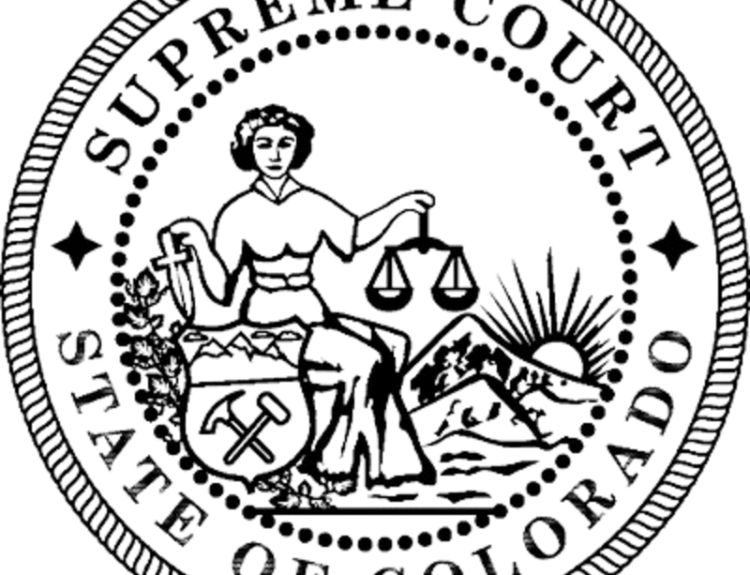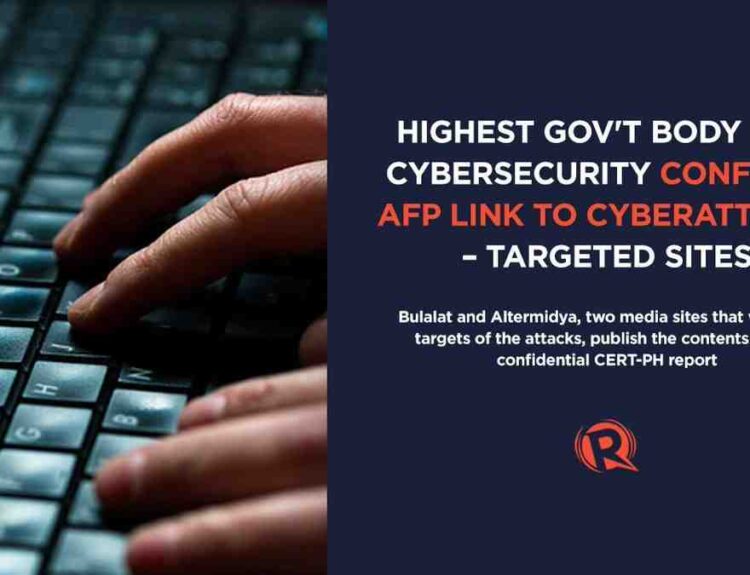Using AI technology, a law professor brings to life the voices of key figures from the landmark case
- The Supreme Court’s oral arguments for Brown v. Board of Education were not recorded
- A law professor used AI technology to replicate the voices of key figures from the case
- The project, called ‘Brown Revisited,’ includes synthetic audio of the arguments and opinion announcement
- Reviews of the synthetic audio have been mixed
- The Supreme Court is cautious about the potential misuse of AI-generated voices
The Supreme Court’s most celebrated case, Brown v. Board of Education, was decided in 1954, before the court began recording its oral arguments. This means that there is no audio record of the hearing where the constitutionality of school segregation was argued, or the day when Chief Justice Earl Warren read his opinion declaring that ‘separate but equal’ has no place in public education. Jerry Goldman, a law professor, spent years cataloging Supreme Court audio files and was frustrated by the lack of audio for Brown v. Board. Inspired by a computer-synthesized clone of President Biden’s voice, Goldman used AI technology to replicate the voices of Warren, lawyer Thurgood Marshall, and other key figures from the case. The project, called ‘Brown Revisited,’ includes synthetic audio of the arguments and opinion announcement, adding a ‘magic layer’ to the historical recreation. Reviews of the synthetic audio have been mixed, with some finding it impressive and others less convinced. The Supreme Court is cautious about the potential misuse of AI-generated voices, as seen in a past incident where audio recordings were altered for political purposes. While arguments are now livestreamed, cameras are still not allowed in the courtroom, and the press is often kept at a distance during public appearances. ‘Brown Revisited’ aims to provide an audio experience that brings the landmark case to life and offers educational value. The hope is that both students and current justices can learn from the history and tradition of the case.·
Factuality Level: 2
Factuality Justification: The article contains a significant amount of irrelevant information about the process of creating synthetic audio for historical Supreme Court recordings, which is not directly related to the main topic of the article. It also includes unnecessary details about the background of individuals involved in the project, which does not contribute to the overall factuality of the piece. The focus on the AI technology and the process of replicating voices takes away from the main discussion about the Supreme Court recordings and their historical significance.·
Noise Level: 2
Noise Justification: The article provides a detailed and informative account of how artificial intelligence technology is being used to replicate historical voices for educational purposes. It includes insights from various individuals involved in the project, as well as historical background on the Supreme Court recordings and the Brown v. Board of Education case. The article stays on topic and supports its claims with examples and quotes from relevant sources.·
Private Companies: Respeecher,Spooler,Oyez.org
Key People: Jerry Goldman (Chicago law professor), Earl Warren (Chief Justice), Thurgood Marshall (lawyer), Frankfurter (Justice), Karen Grigsby Bates (broadcaster), James Boggs (Spooler CEO), Stephen Breyer (retired Justice), Jeffrey Earl Warren (Chief’s grandson), Thurgood Marshall Jr. (Thurgood Marshall’s son), Dion Graham (Award-winning audiobook narrator), Douglas Ginsburg (U.S. Circuit Judge), Donald Verrilli (Solicitor General), Samuel Alito (Justice), Peter Irons (political-science professor)
Financial Relevance: Yes
Financial Markets Impacted: No
Financial Rating Justification: The article discusses financial topics such as the impact of inflation on consumer behavior and economic growth, but it does not specifically mention any events that directly impact financial markets or companies.
Presence Of Extreme Event: No
Nature Of Extreme Event: No
Impact Rating Of The Extreme Event: No
Extreme Rating Justification: null·
 www.wsj.com
www.wsj.com 





